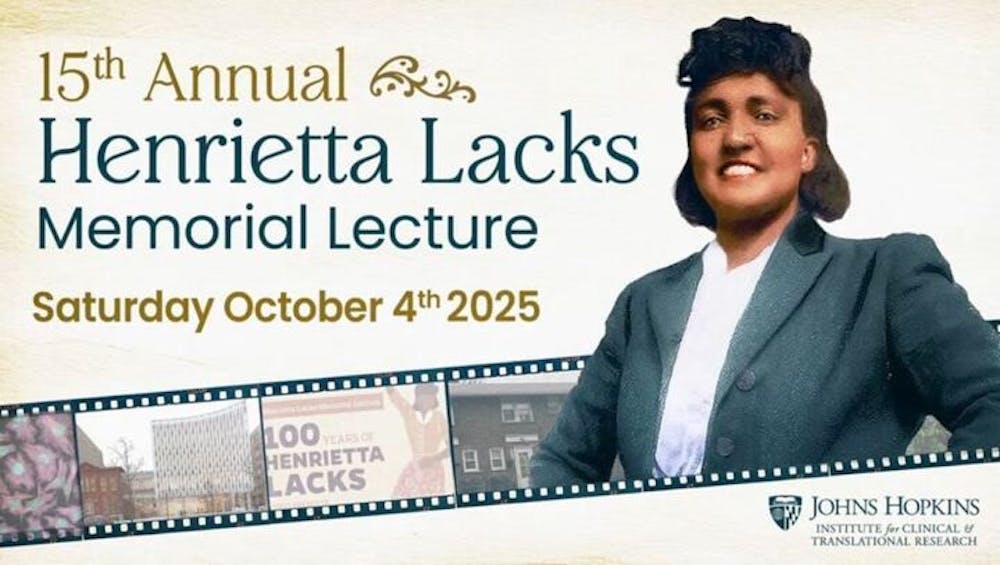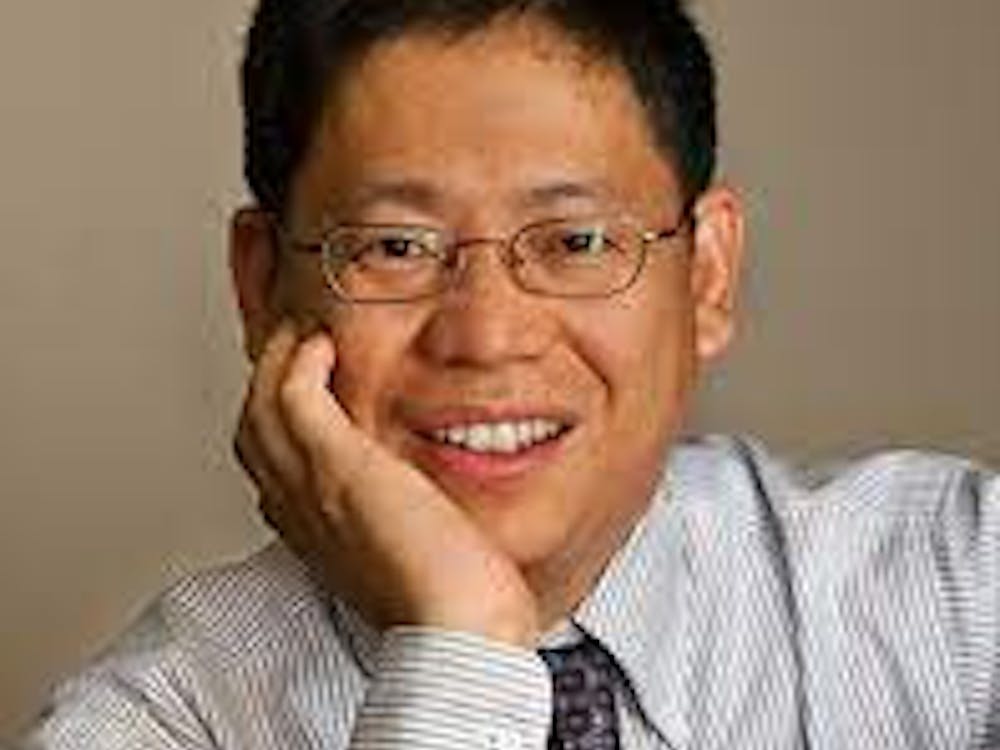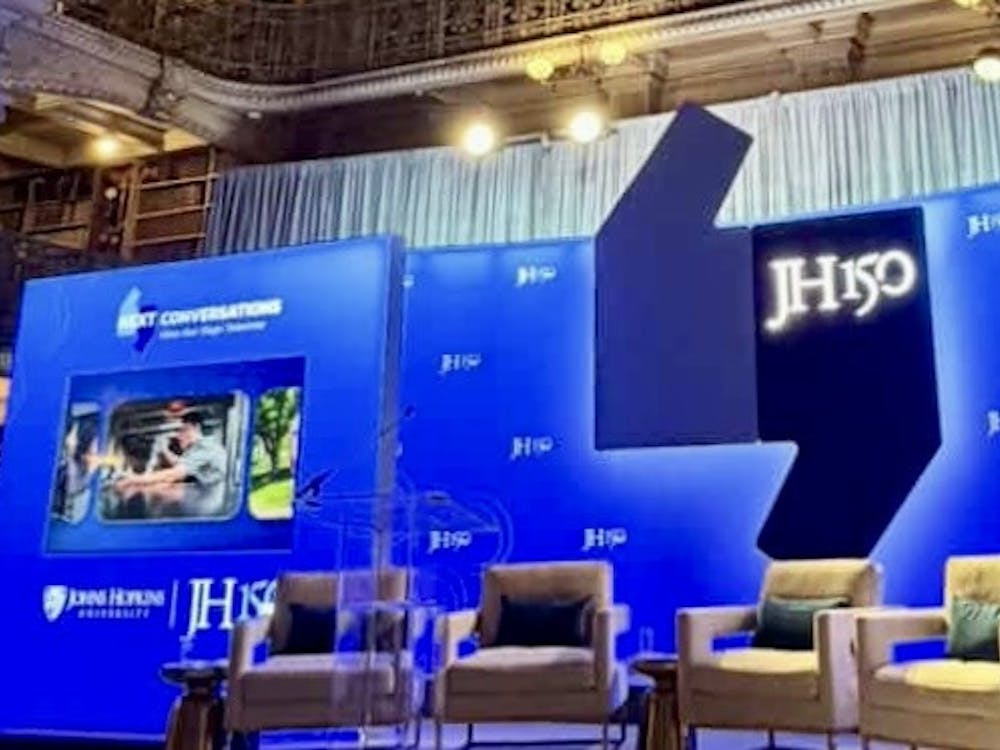On Oct. 4, the Johns Hopkins Institute for Clinical and Translational Research (ICTR) hosted the 15th Annual Henrietta Lacks Memorial Lecture, a commemoration that united science, ethics and remembrance under one name that transformed medicine.
The program reflected on Henrietta Lacks’s enduring influence – the woman whose cancer cells, taken without consent by Hopkins doctors in 1951 – became the foundation of countless medical breakthroughs. Featuring Dr. Deidra Crews, Deputy Director of the Hopkins Center for Health Equity, as keynote speaker, the lecture explored how innovation and inclusion must advance in tandem within biomedical research.
The program opened with addresses by JaBrea Rodgers, the great-granddaughter of Henrietta Lacks. Rogers spoke of her family’s enduring mission to advance health equity and preserve the humanity behind Lacks’ immortal HeLa cells.
“HeLa cells have been mass-produced. They’ve traveled into space. They were used to help develop the polio vaccine, and they have made possible many other landmark scientific discoveries in genetics [and] in the treatment of the disease,” Rogers said. “Henrietta Lacks has been described in many ways: as a heroine in modern medicine, a medical miracle and a wonder woman, to name a few. But to her family, she was a daughter, wife, mother and friend to the world.”
The audience was then welcomed by Dr. Daniel Ford, Director of the ICTR.
With more than three decades of research and leadership at Hopkins, Ford spoke of the evolution of the Henrietta Lacks Memorial Lecture from its beginnings in reconciliation and community trust to its current role as a national model for ethical and inclusive science.
“Early on the first couple years, the event was very focused on building trust with the family and the community, and understanding what we were going to learn from the Henrietta Lacks story,” Ford said.
He reflected on the event’s milestones, from early collaborations with leaders like Dr. Francis Collins, then-Director of the National Institutes of Health, to the plans for the Henrietta Lacks Building, a future hub for innovation and equity in research. Despite the challenges of the pandemic years, Ford emphasized that the institute’s core values have endured: respect, inclusion and the pursuit of health for all.
“We still believe in our core values – respect and optimal health for every American,” Ford said. “We’re going to continue using high-quality research to make decisions on how to achieve [our] goals.”
Afterwards, Dr. Crews was invited to the stage. In her keynote, “Preventing the Preventable,” she reflected on the enduring inequities in health and the power to change them.
“Health disparities are preventable differences in the burden of disease, injury, violence or opportunity,” she affirmed. “This part really hit me as a young student beginning a career in medicine: the idea that health disparities are preventable.”
She spoke of the disproportionate rates of kidney failure among Black, Hispanic and Native American communities.
“The race and ethnic disparities that we see in kidney health and disease are not fully explained by [genetics],” she explained. “While [the APOL1] marker does explain some of the disparity, it doesn’t explain all of the disparity that we see in terms of kidney health. [...] As a young scholar, learning that health disparities were preventable was upsetting, but it was also motivating. Because that meant that something can be done about them.”
Through research and community partnership, she urged, the scientific world can honor Henrietta Lacks not just by studying her cells, but by healing the inequities her story reveals.
The day concluded with the presentation of the Henrietta Lacks Community Awards and the announcement of the 2025 Henrietta Lacks Scholar.
This year’s Henrietta Lacks Memorial Award was presented to the AgriHood Baltimore Food Box Delivery Program, a collaboration between Plantation Park Heights Urban Farm and Jenny Pena Dias of the Hopkins School of Medicine.
“This award signifies the collaboration between academic institutions and community. Magic happens when you allow community to lead you. You get access to brilliant things, brilliant people. It is important — and I reiterate — that you let the community lead,” one representative said.
The spotlight then turned to the 2025 Henrietta Lacks Scholar, Alexander Kobia, a student of the Merit Health Leadership Academy.
“I really resonated with the lecture today,” Kobia said as he accepted the award. “The main thing I’ve learned from my research on Black maternal health and through clinical shadowing is the power of trust — and how much trust can affect health outcomes for people who look like me, or for other marginalized groups.”





